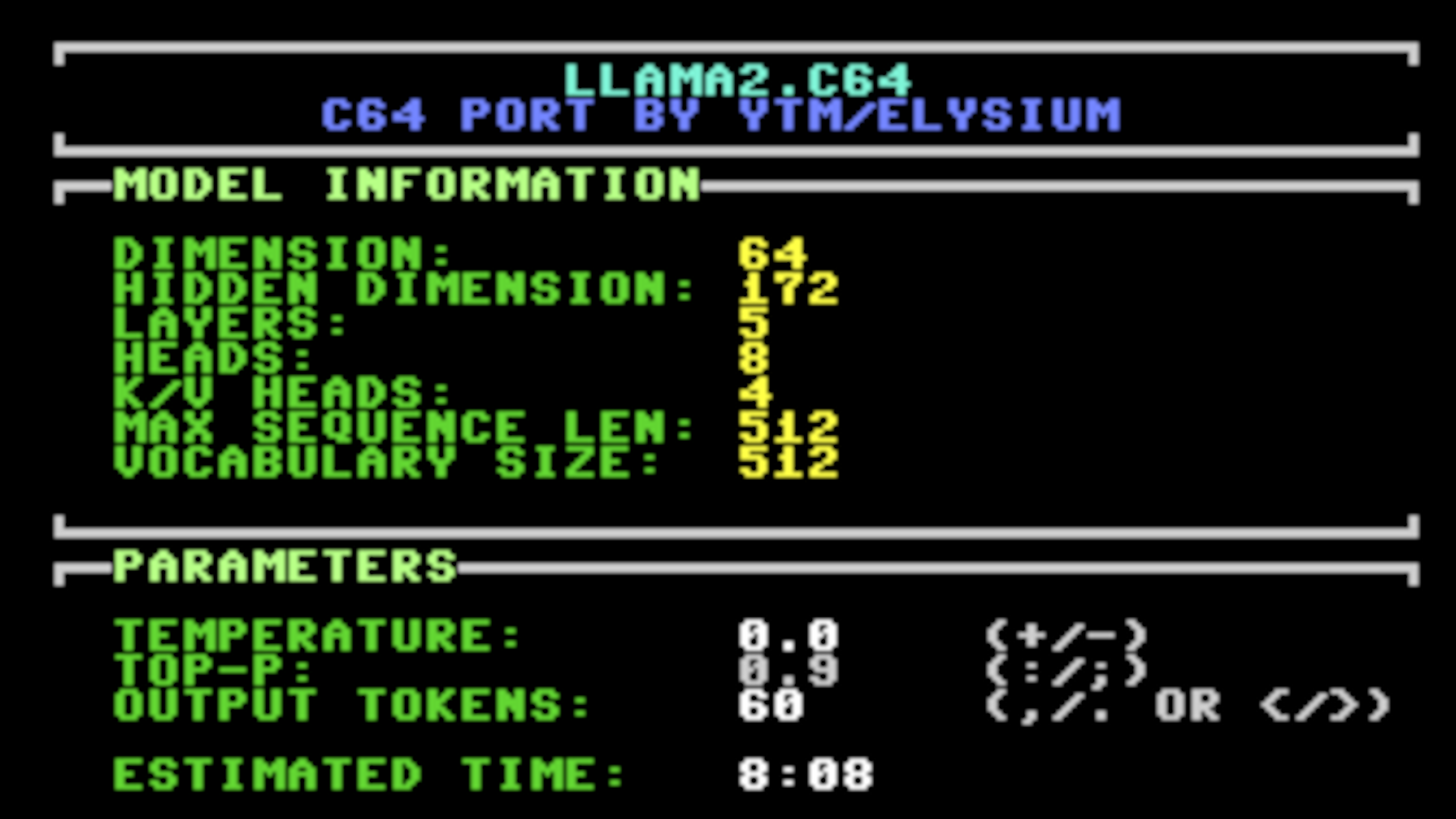The Uttar Pradesh State Consumer Dispute Redressal Commission has held that WhatsApp customers can file complaints in consumer courts against the platform, according to a LiveLaw report. This comes as part of a consumer complaint against the platform for a six-hour service disruption, which the complainant, Amitabh Thakur, said had disrupted his work. The district-level Consumer Dispute Redressal Commission in Lucknow, which first heard Thakur’s complaint, had rejected it, stating that WhatsApp is an international company and that Thakur did not pay to access its services.
As such, it dismissed Thakur’s complaint. However, the state-level commission held that WhatsApp provides a ‘service’ to its users in India, which makes Thakur’s complaint admissible. The commission has directed the district commission to register the complaint and reach a conclusion within 90 days.

Notably, WhatsApp, as part of its disclaimers, notes that it does not guarantee that its services will operate without any disruptions, delays, or imperfections.Quality of service demands against WhatsApp: While Thakur filed his complaint as a customer, the demand that communication platforms meet quality of service requirements is nothing new. Telecom companies in India, including Airtel, Reliance Jio, and Vodafone Idea, have long argued that the government needs to bring over-the-top (OTT) communication services (such as WhatsApp and Telegram) under a licensing regime.
They suggest this regime should have requirements similar to those telecom companies currently deal with, including quality of service standards.Telecom companies have claimed that communication platforms provide the same services and, as such, the same rules should apply to both. While one might argue that the service quality of platforms like WhatsApp depends on internet quality, and hence on telecom networks’ quality of service, telcos differentiate between network-level quality and service quality.
In response to a TRAI consultation in 2023, Reliance Jio mentioned that platforms control the quality of service for calls, message delivery, and video quality. It suggested that the telecom regulator should require regular quality of service compliance audits for communication platforms and impose financial disincentives for non-compliance. The fact that customers can now file complaints against WhatsApp for service disruptions could strengthen telecom companies’ demands for quality of service requirements for communication platforms.
Can platforms even assure quality of service?As MediaNama pointed out in its 2023 submission to TRAI, online services are subject to a range of conditions, including peering and interconnection agreements, and undersea cable stability. As such, they do not have complete control over their service quality. Moreover, the requirement of ensuring stable service quality is necessary for online service providers to maintain their user base.
For example, if a platform like WhatsApp experiences frequent long-term service disruptions, users will move on to one of the many alternative platforms like Telegram or Signal. As such, the platform would by itself take the necessary precautions to prevent service issues.Also read:WhatsApp cyberattack: 90 Journalists, civil society members targetedWhat Telcos Want: OTT platforms should be licensed, Telcos say to TRAI’s OTT regulation consultationVideo: Why Apps Like WhatsApp And Signal Shouldn’t Be Regulated Like TelcosThe post Can You Sue WhatsApp for a Service Outage? UP Court Says Yes appeared first on MEDIANAMA.
.
Technology

Can You Sue WhatsApp for a Service Outage? UP Court Says Yes

A WhatsApp user has managed to take the platform to consumer court over a 6-hour disruption.The post Can You Sue WhatsApp for a Service Outage? UP Court Says Yes appeared first on MEDIANAMA.















